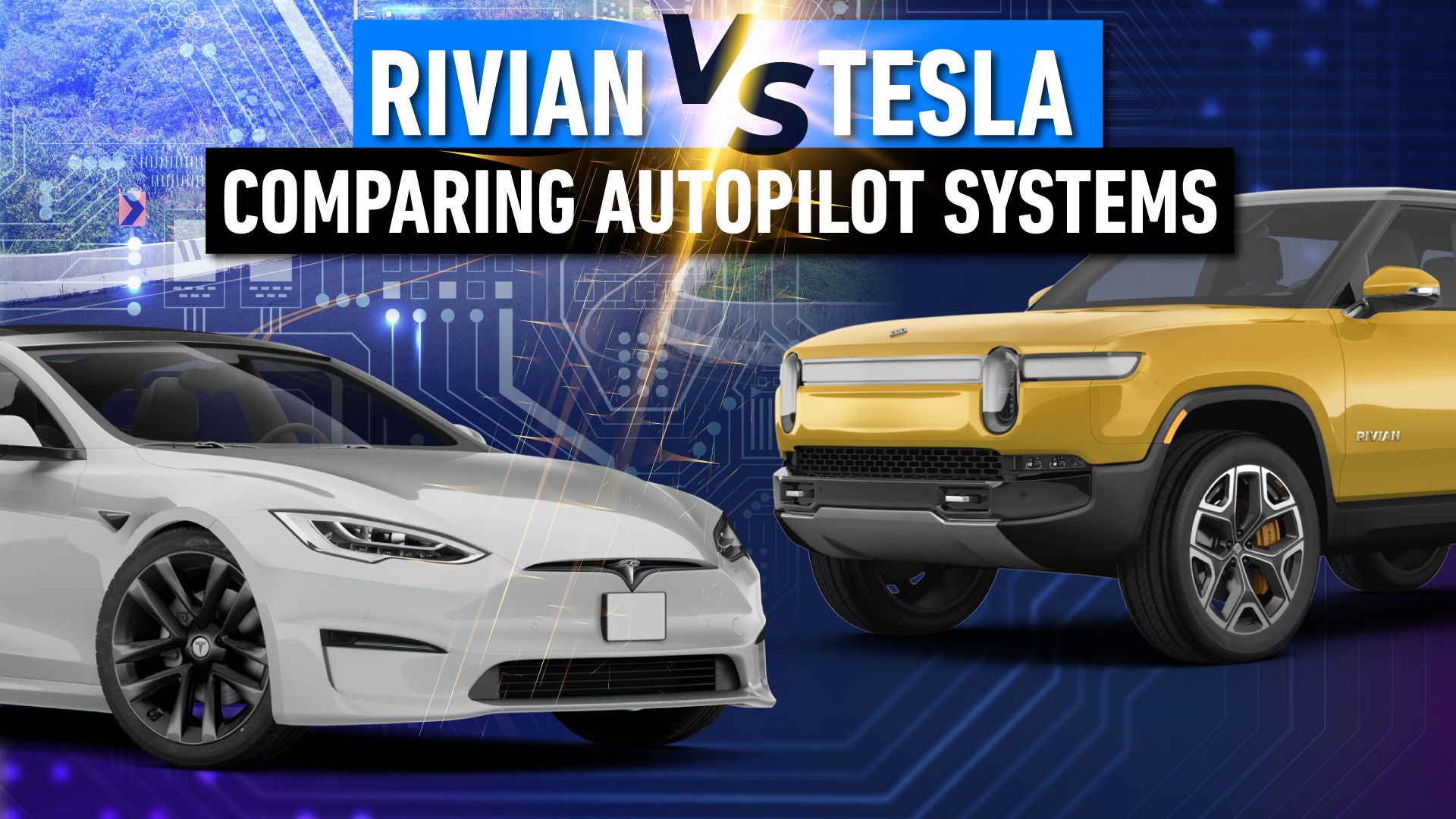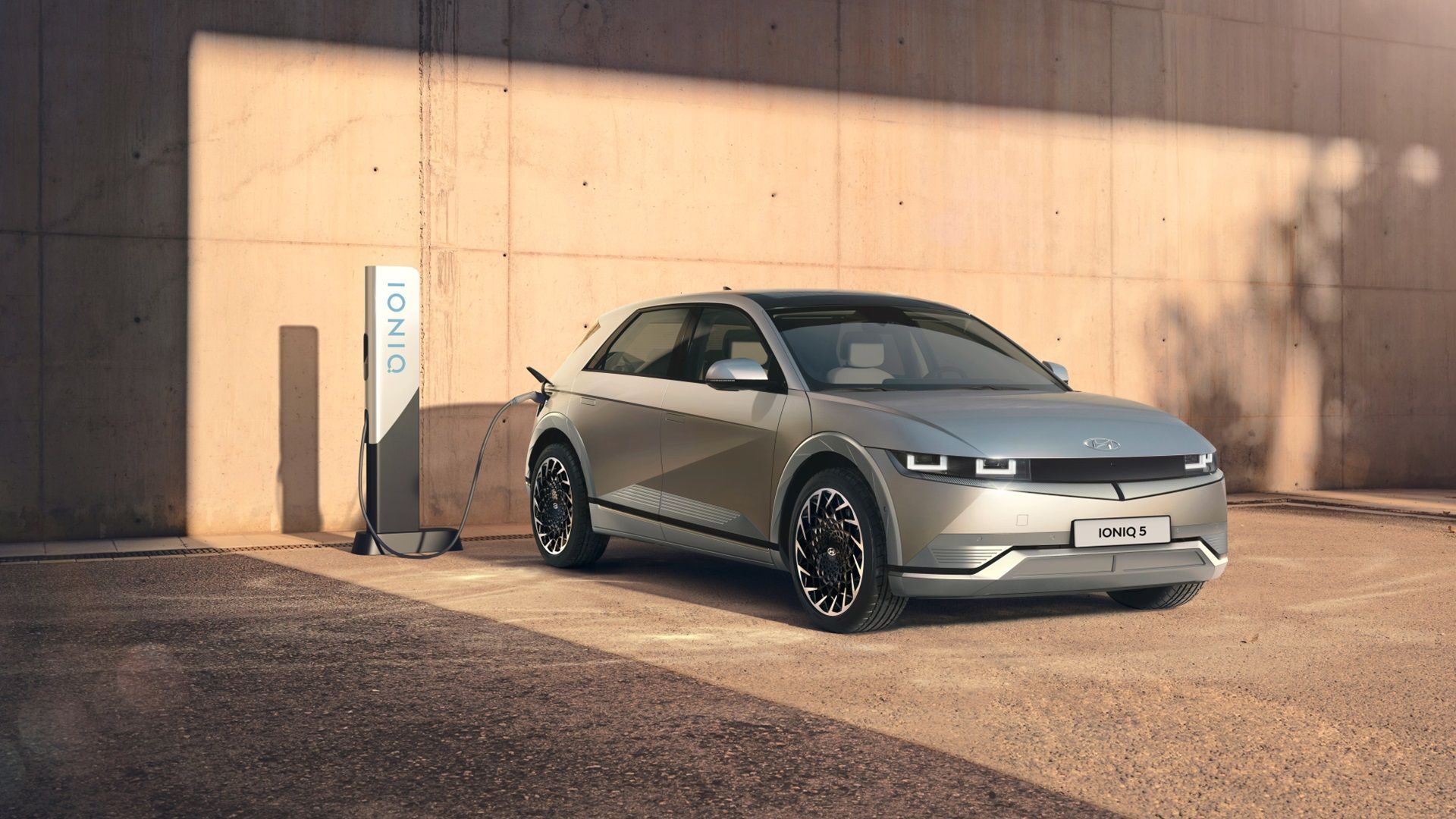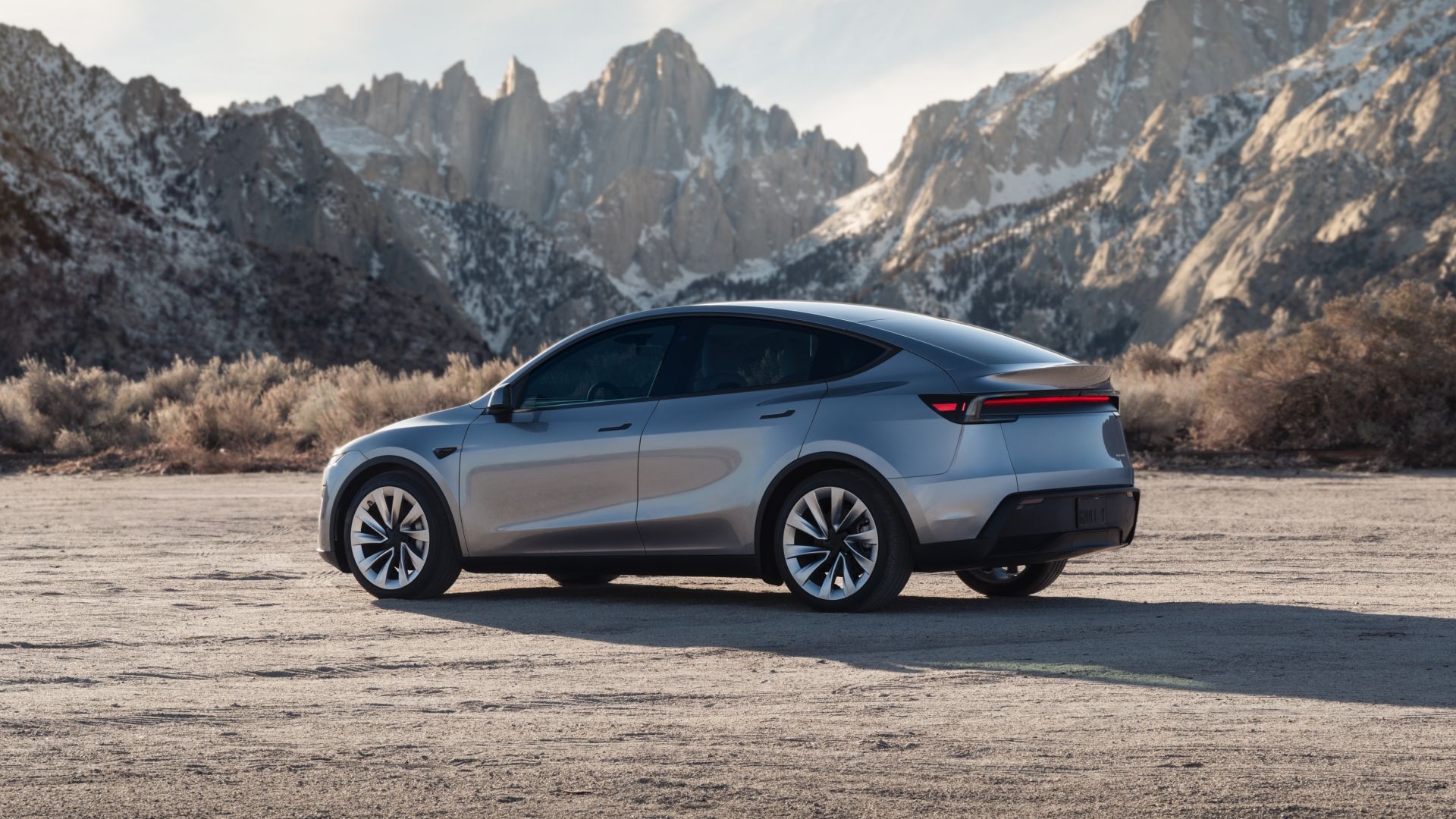“Electric vehicles suck!” , “EV batteries die after just a few years!”, “Gas-powered cars are far more reliable!”
Yes, we’ve just about heard them all, every criticism of electric vehicles – legitimate or otherwise. Of course, EVs are not a perfect solution for every driver everywhere in every single situation, but they do have a host of benefits over their combustion-powered counterparts, including, apparently, longevity. A new study published by an international team of researchers has determined that EVs in the UK last just as long as cars powered by gasoline-burning engines.

Related
Rivian vs. Tesla: Comparing Autopilot Systems
See how the autopilot systems from two of the most advanced EV manufacturers stack up head-to-head.
Who Would Have Thought?
According to a story published by The Guardian, this team, which consists of members from the UK, U.S., and Switzerland, estimates that in Britain, an EV will have a lifespan of around 18.4 years. That is all over the projected longevity of a gasoline-powered car like the crispy breading on the outside of a piece of fried cod from a basket of fish and chips. Gas-burning vehicles are expected to live for roughly 18.7 years while diesels, rather unexpectedly, are only protected to last for 16.8. This means electrics have a big advantage over cars fitted with compression-ignition engines.
These findings were published in the journal Nature Energy and are part of a peer-reviewed study. Much of the data came from some 300 million records that are kept by the UK’s Ministry of Transport, information gleaned from the country’s compulsory annual evaluations of vehicle roadworthiness. When digging through the numbers, researchers ignored cars and trucks that were scrapped in the first few years of ownership because these incidents were likely indicative of crashes rather than actual vehicle issues.
Stories like this are always kind of surprising given the amount of misinformation shared about EVs, but news like this shouldn’t be a shock. A month or so ago, a separate study found that electric vehicle batteries last significantly longer than anticipated by engineers. This is because the testing done in laboratories is much more rigorous and taxing than the amount of strain real-world driving puts on a battery pack.

Fewer Moving Parts = Less To Go Wrong
A huge advantage of EVs – among many others – is their mechanical simplicity. Yes, battery packs are hugely expensive and heavy, but these vehicles do have dramatically fewer moving parts than their combustion-powered counterparts. Think about it, there are no pistons or rings, no valves, camshafts, timing chains or emissions-control hardware. There’s pretty much just a battery, some wiring, and an electric motor (or motors depending on the vehicle). Curiously, researchers found that Teslas actually lasted the longest of all the EVs studied, so keep that in mind if you’re taking eyeing a new Model Y or
According to The Guardian, over the years, researchers found that all new cars increased in reliability because of improving technology. Manufacturers quickly learned from missteps they made and implemented changes to their electric offerings, though, “it is harder to find improvements for petrol and diesel technology, which has been around for many more years,” the article stated.

